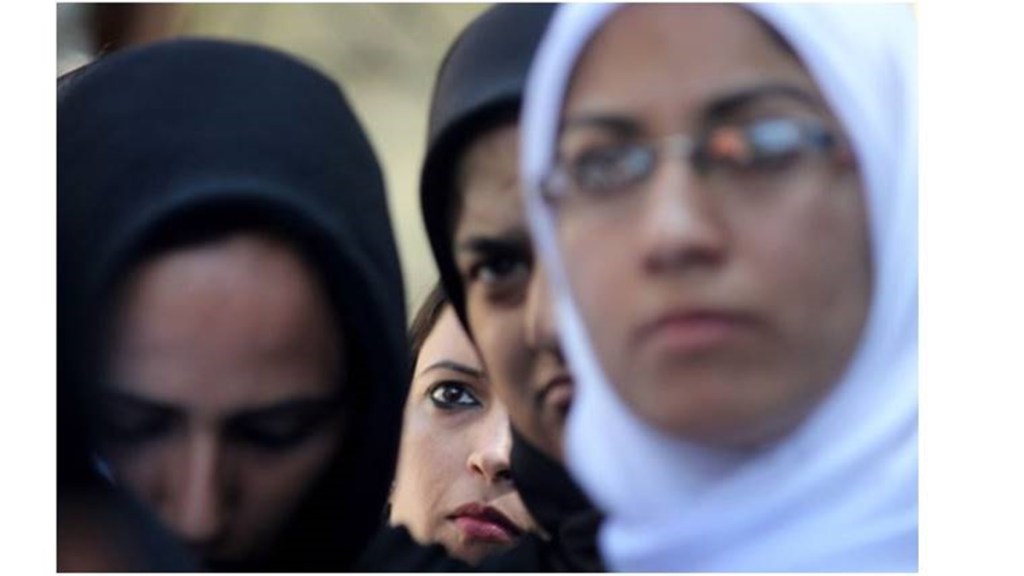While there’s been talk of a Uniform Civil Code (UCC) since Independence and even the Constitution says the State should “endeavour” to provide such a law to its citizens, the UCC has been one of the core electoral promises of the BJP. To be sure, a single personal law for all citizens has been one of the original campaign promises of the BJP, along with the construction of the Ram Mandir in Ayodhya, and abolishing the special status of Kashmir – Article 370.
Now that the Ram Mandir is being built, and Kashmir has been stripped of its autonomy, the spotlight has moved to the UCC.
So, when Prime Minister Narendra Modi said in Bhopal last Tuesday that India cannot run on two laws and that UCC was part of the Constitution, it reignited the political debate with several opposition leaders accusing the prime minister of raising the UCC issue for political gains as elections approach in several states.
But, for the saffron party, the legislation would unify India’s personal laws that govern matters such as marriage, divorce, maintenance, adoption and inheritance. In its present state, India’s different communities have their own set of laws where laws governing divorce among Hindus different to those governing Muslims or Christians.
However, a single personal law for all citizens regardless of religion, sex, gender and sexual orientation has been resisted both by the country’s Hindu majority and Muslims, the main minority. Even the Supreme Court expressed its frustration calling UCC a “dead letter” and the Law Commission, after extensive deliberations for over two years, came to a momentous conclusion that UCC is “neither necessary nor desirable”.
BJP’s rhetoric has pushed the UCC as a counter to what leaders call “regressive” personal laws of Muslims, citing the example of triple talaq – the Muslim practice of “instant divorce” – which PM Modi’s government declared as illegal and unconstitutional and made it a punishable act from August 1, 2019.
The BJP’s 2019 manifesto says there “cannot be gender equality till such time India adopts a Uniform Civil Code”.
Uniform Civil Code in Indian states
The Portuguese Civil Code of 1867 or the so-called “common civil code” of Goa that came into force in July 1870 in the erstwhile colonial territory of Goa, is still applicable in parts to this region, along with relevant procedure from the Civil Procedure Code of 1939.
Many of the provisions in legislation have been retained since it came closest to fulfilling the objectives of Article 44 of the Constitution of India for a uniform civil code.
Article 44 of the Constitution calls upon the State to aim for a uniform civil code throughout the territory of India.
The Uttarakhand government on May 27 last year announced its decision to implement the Uniform Civil Code in the state. The State government formed a five-member committee led by Justice Ranjana Prakash Desai, a former judge of the Supreme Court , to prepare a draft proposal for implementation of the UCC.
Uttarakhand Chief Minister Pushkar Singh Dhami had earlier said that the committee will submit its report by June 30 this year. On Tuesday, he said that while the draft of the law is yet to be submitted to the state government, there would be no delay in its implementation.
Gujarat has also announced setting up of a similar committee to implement the UCC. UP, Himachal Pradesh and Madhya Pradesh have been frequently raked up the issue of a common law.
Earlier, Assam Chief Minister Himanta Biswa Sarma highlighted the need for the implementation of the UCC in the state and said that the introduction of the legislation is necessary to give justice to all Muslim women
Why do Muslims fear UCC?
Congress leader and former Law minister Salman Khurshid expressed concerns about the lack of clarity regarding the implementation of the UCC. Khurshid emphasized the need for the government to provide a clear explanation of what the UCC entails before seeking feedback from the public.
“Article 25 gives citizen right to religion. UCC cannot violate that. We need to consider what reform in Personal Law consistent with Article 25 are needed and feasible. Must be done with empathy, not hostility to the ‘other’,” he tweeted on Tuesday morning.
In a strongly-worded opposition to the PM’s UCC pitch, AIMIM chief Asaduddin Owaisi said that in Islam, unlike other religions, marriage is a contract, adding that the Right to Culture is a fundamental right.
“A tax rebate is given to only the Hindus under the Hindu Undivided Family (HUF) clause by the Income Tax department. Article 29 – the Right to Culture – is a fundamental right. Does the PM understand this? I don’t think he does,” Owaisi said, daring the PM to revoke the HUF provision.
In an emergency meeting after the PM’s UCC pitch, the All India Muslim Personal Law Board has also decided to oppose the UCC. The Muslim body has decided to submit its views to the Law Commission, taking into account the points made by lawyers and experts.
When the Uttarkhand committee was formed, Jamiat Ulema-e-Hind, a prominent organisation of Muslims, had passed a resolution against UCC from Deoband. Jamiat said that UCC will not be accepted at any cost. The main body of Muslims alleges that the Uniform Civil Code would interfere with Islamic law and order.
“This ignores the true spirit of the Constitution,” the resolution said. “No Muslim accepts interference in Islamic law. If any government makes the mistake of implementing UCC, Muslims will not accept this injustice and will be forced to take all measures against it while staying within constitutional limits.”
“A tax rebate is given to only the Hindus under the Hindu Undivided Family (HUF) clause by the Income Tax department. Article 29 – the Right to Culture – is a fundamental right. Does the PM understand this? I don’t think he does,” Owaisi said, daring the PM to abolish the HUF provision.

